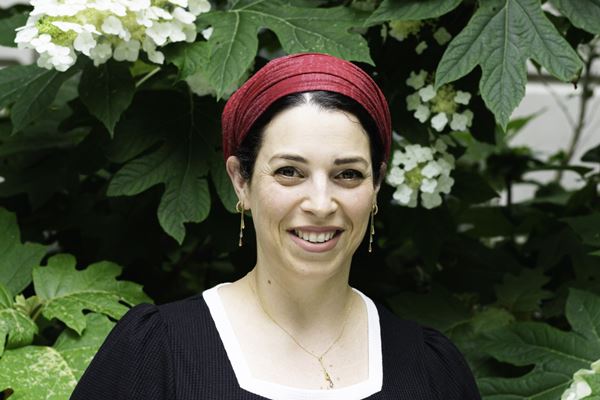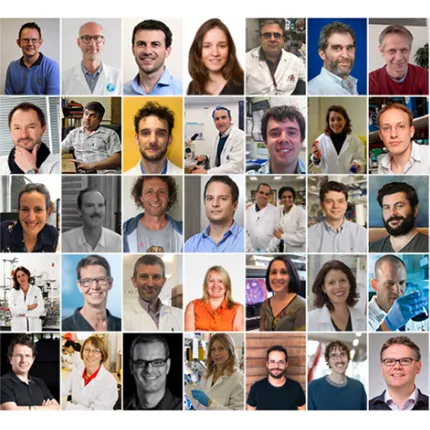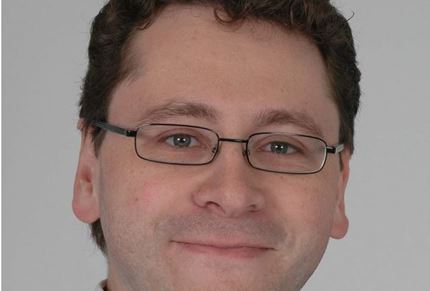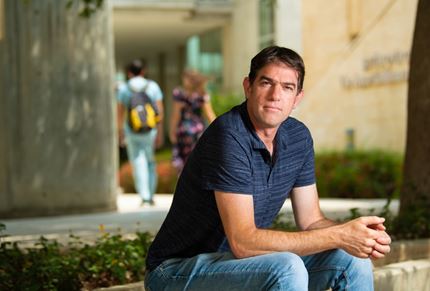A new way to predict and treat the spread of cancer
Breast cancer
Bowel cancer
Project aim
Dr Inbal Wortzel aims to improve understanding of the ‘messages’ sent from cancer cells to other parts of the body, and how these might make it easier or harder for cancers to spread to those areas.
Hope for the future
Most cancer deaths are caused by metastasis, the process of cancer spreading from the original tumour to other tissues and organs. Understanding how cancer spreads and how to stop metastasis is crucial to help cure more people.
Dr Inbal Wortzel is hoping to shed light on a new way of predicting and treating metastasis by finding out more about the messages cancer cells send to other parts of the body.

Meet the scientist
Dr Wortzel was immediately captivated by biology when she started studying the subject in high school. Since then, her curiosity has led her to study cell biology and how the foundational functions of biology are linked to the progression of cancer. Outside of the lab, Dr Wortzel is mother to four children - she says they and her husband give her the fortitude and equilibrium she needs to pursue her research. She also enjoys hiking and fantasy novels.
The science
Exosomes are tiny biological parcels of information that travel through the blood stream, carrying DNA and other messages between parts of the body. This information can be used by cells in the new location and change the way they work. Cancer cells can use this system to their advantage, helping them to spread (metastasise) to other parts of the body. By sending out messages in exosomes, cancer cells can cause changes that help the cancer settle in when it spreads there.
Dr Inbal Wortzel and her team have found that some exosomes are better at helping cancers to spread than others. Exosomes with a large amount of DNA seem to make cancers less able to spread, but exosomes with a smaller amount of DNA make cancers more able to spread. The researchers think this might be because the DNA in exosomes is a ‘danger signal’ and can trigger the immune system, helping to stop cancer in its tracks.
The DNA associated with exosome is a danger signal because it is different to DNA found in our cells. Dr Wortzel plans to find out more about the structure and function of exosomal DNA and to reveal more about how it interacts with the immune system. She hopes that, in the future, exosomal DNA could be used to predict which cancers are likely to spread, and be used as a target for new cancer cures.
Funding basic science is essential because it expands our knowledge, drives innovation, and fosters societal progress. By investing in fundamental research, we lay the groundwork for groundbreaking discoveries and advancements that can revolutionize various fields.Dr Inbal Wortzel
Become a Curestarter and help us fund the next pioneering research project.
Our research projects wouldn’t be possible without the funds we receive from people like you. £37 pays for an hour of research and every hour brings us closer to new cures
Support us




